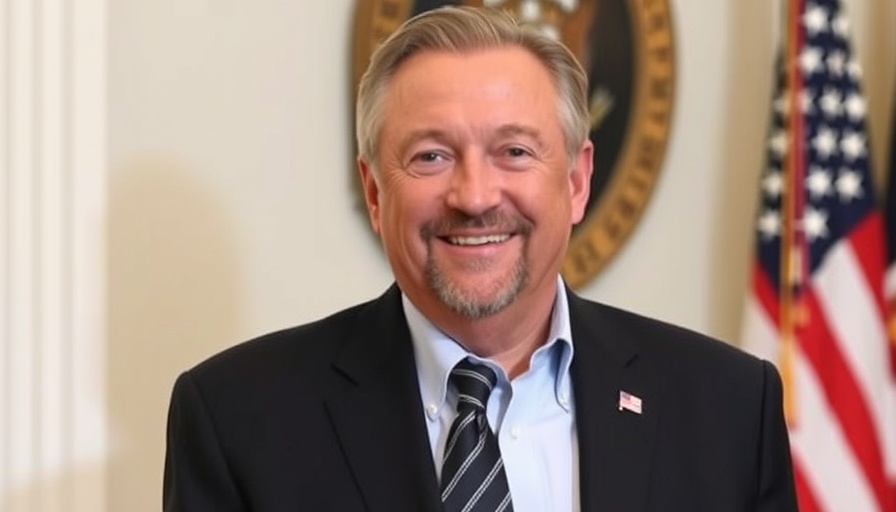
The Impact of Presidential Pardon on Electric Vehicle Industry
In a surprising move, former President Donald Trump has granted a presidential pardon to Trevor Milton, the founder of Nikola, an electric truck manufacturer. Milton was convicted of fraud in 2022 after being accused of misleading investors about the capabilities of Nikola's technology. The implications of this pardon are multifaceted, notably concerning Milton's potential reintegration into the company he once led during a turbulent chapter in the electric vehicle (EV) sector.
The Saga of Trevor Milton and Nikola
Milton's conviction stemmed from allegations that he exaggerated Nikola's advancements to attract significant funding, which ultimately led to considerable investor losses. Following his conviction, many anticipated the consequences would extend beyond his prison sentence; indeed, at the end of 2023, he received a four-year prison term. However, Trump's pardon not only nullifies this sentence but also jeopardizes compensation payments to the defrauded investors which were set at millions. This situation raises critical questions about accountability and transparency in the burgeoning EV market, particularly as Nikola seeks a rebirth amidst its recent bankruptcy filings.
Reassessing Investor Confidence in Electric Vehicles
The EV industry thrives on investor confidence and public trust, both of which have been shaken by high-profile fraud cases such as Milton's. While Nikola has been a frontrunner in the push for sustainable transportation, the recent developments compel us to reflect on the integrity of leadership within the sector. As retailers and businesses look toward renewable energy solutions, stakeholders must ensure that green technologies are grounded in credible practices and authentic advancements, a sentiment resonating throughout the energy transition narrative.
The Future of Nikola Amidst Bankruptcy
Since filing for Chapter 11 bankruptcy in February, Nikola faces significant hurdles as it attempts to reestablish itself. Milton's efforts to acquire Nikola’s assets pose challenges as well; the leadership at Nikola appears to be wary of reintroducing him into the fold. Preventive measures taken, such as restricting Milton’s access to the company's Coolidge plant, illustrate the concerns regarding governance that linger over Nikola’s brand repute.
Analyzing Broader Trends in the EV Market
Milton's pardon reflects broader trends in governmental influence over business optics, particularly in industries critical to national interests such as renewable energy. As more legislation is passed to bolster green energy initiatives, the potential for corruption and mismanagement emerges. This incident serves as a wakeup call for both investors and consumers in the EV and renewable sectors to advocate for enhanced oversight and increased transparency to preserve the integrity of sustainable progress.
Conclusion: Navigating an Uncertain Landscape
This unfolding situation serves as a pivotal moment for the electric vehicle industry, posing questions about accountability, the influence of political affiliations on corporate governance, and the ethical parameters of green technology development. As we move forward, it is imperative that both consumers and businesses remain vigilant about integrity in the renewable market, ensuring that innovations in sustainability uphold both technological advancement and ethical responsibility.
 Add Row
Add Row  Add
Add 




Write A Comment